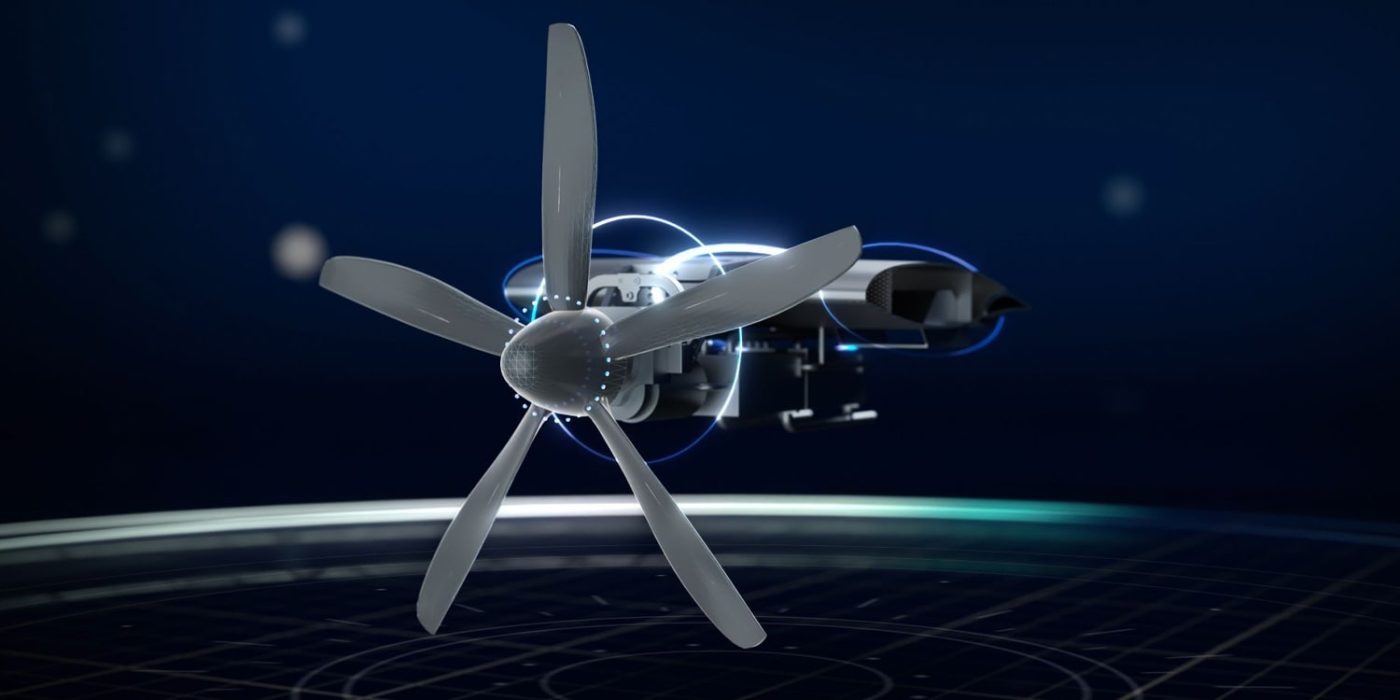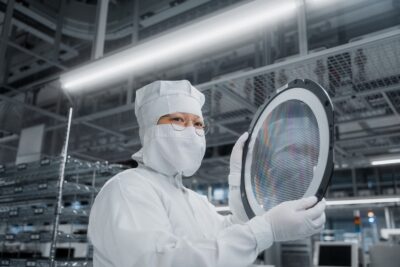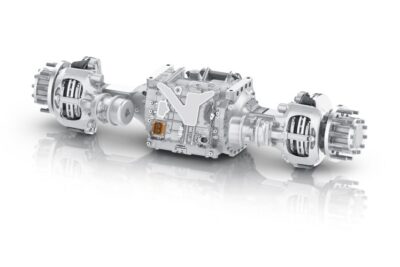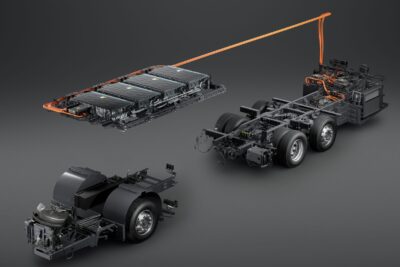MTU announces plans for fuel cell aircraft
MTU Aero Engines is working on fuel cell systems for aviation that run on liquid hydrogen under the project name ‘Flying Fuel Cell’. MTU plans to use their fuel cell from 2035 initially on shorter routes in the feeder and regional aircraft sector.
For further development, MTU plans to use the aircraft on short- and medium-haul routes from 2050, planning to improve efficiency over tie. The electric motor for the FFC is being developed by German electric motor developer and small series manufacturer eMoSys GmbH, which has been part of MTU since April.
“For an engine manufacturer like MTU, developing an airworthy fuel cell is a big opportunity, since the experience and data we gain in the process, including in the areas of control and qualification under aviation law, will be crucial to the further product development process,” said MTU CEO Lars Wagner.
In addition to the fuel cell system, MTU Aero Engines and aerospace company MT Aerospace are jointly developing a complete liquid hydrogen fuel system for commercial aviation. “At MT Aerospace we have decades of expertise with hydrogen in the aerospace sector, and now we want to apply it to commercial aviation as well,” says Markus Staudt, Vice President and Head of Business Development Export, Defence & Hydrogen. MT Aerospace and MTU Aero began jointly developing the LH2 fuel system for commercial aviation applications three years ago. The system consists of tanks, sensors, heat exchangers, valves, safety and control systems, and was done in collaboration with the European Union Aviation Safety Agency (EASA) in order to fulfill the certification and safety-related requirements. This cooperation has been ongoing since 2021.





0 Comments